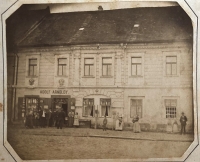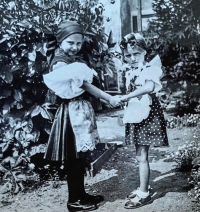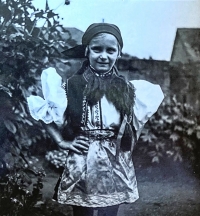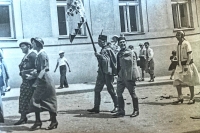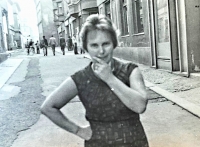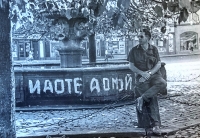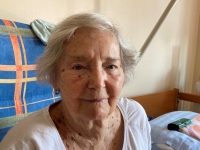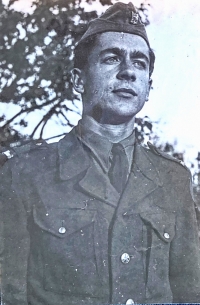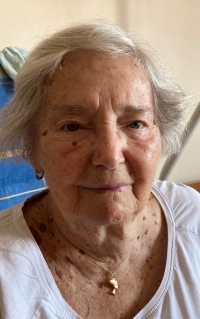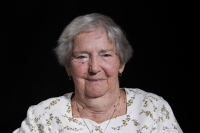We were afraid of the communists and didn‘t talk to them much

Stáhnout obrázek
Hana Mařanová, née Arnoldová, was born on 24 January 1929 in Libáň, in the Jičín district. Her father owned a hardware shop and her mother helped him in the shop. Hana was a member of Sokol since childhood. The Munich Agreement traumatized the whole family. During the war, Hana Mařanová‘s grandmother secretly helped a Jewish family living in the neighbourhood. In 1941, someone reported Hana Mařanová‘s father to police for listening to foreign broadcasting. The threat of the death penalty was averted by Czechs working at a post office who did not send off the letter. After the war, Hana graduated from business school. In 1946, she started to work in Prague, in the national enterprise Czechoslovak Steelworks Ferra as an office worker. In 1950 she moved to Jičín, where she joined the Jednota Jičín company as a secretary. In 1951, she married a professional soldier, Miloš Mařan. She and her husband lived successively in Jince, Písek, Mariánské Lázně and Litoměřice. Her daughter Hana was born in 1955 and second daughter Helena in 1961. She worked in the Litoměřice district library and in the cultural centre. She was widowed in 2020 after almost seventy years of marriage. In 2021 she lived in a retirement home in Litoměřice.
